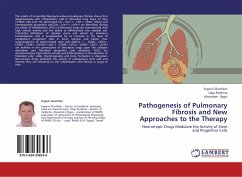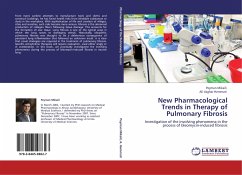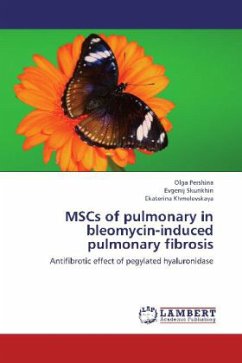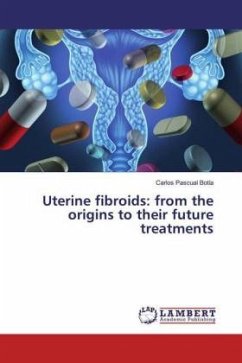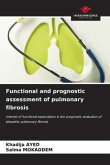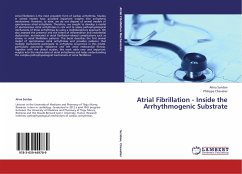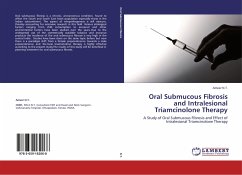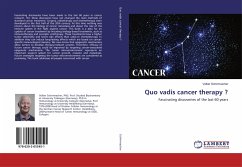The model of irreversible bleomycin-induced pulmonary fibrosis shows that simultaneously with inflammatory cells in interstitial lung tissue of mice C57BL/6 cells with the phenotype Lin-, Sca-1+, c-Kit+, CD34- (HSCs) and hematopoietic progenitor cells (Lin-, Sca-1+, c-Kit+) are identified. During the phase of inflammation, HSCs of bleomycin lungs are characterized with high mitotic activity and the ability to differentiate into myeloid cell. Interstitial infiltration of alveolar ducts and alveoli by immature hematopoietic cells is accompanied by an increase in the level of multipotent progenitor cells in bone marrow and blood. Two subpopulations of mesenchymal stem cells (MSCs): 1 - (CD45-, CD73+, CD90+, CD44+, CD106+) and 2 - (CD45-, CD73+, CD90+, CD31-, CD34-) are defined in the parenchyma of bleomycin lungs upon the collagen deposition and fibroblast progenitor cells admission. MSCs are characterized by high mitotic activity and differentiation in the direction of fibroblast cells, while chondrogenesis and bone formation is disrupted. Neurotropic drugs modulate the activity of endogenous stem cells and thereby they can influence on the inflammation and fibrosis in lungs of mice.
Bitte wählen Sie Ihr Anliegen aus.
Rechnungen
Retourenschein anfordern
Bestellstatus
Storno

